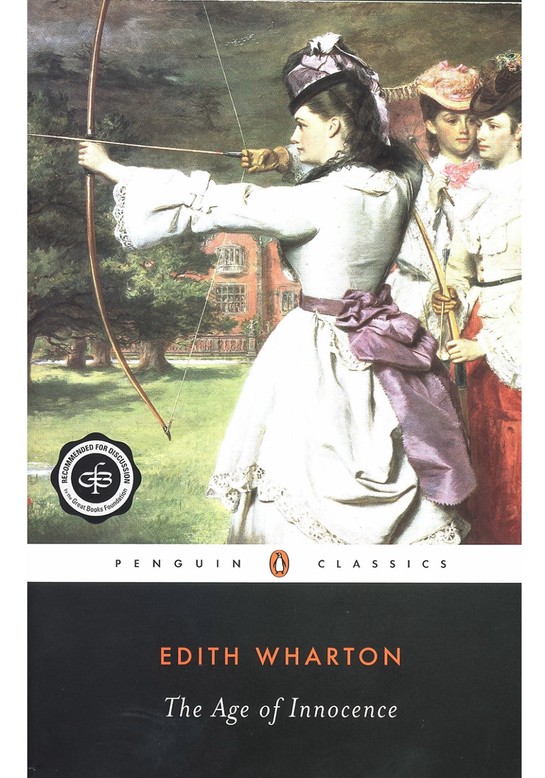5 Women Writers Who Capture the Messy Truth About Men
The author of the novel Less shares a few books that reveal the hidden, seemingly impenetrable interior lives of men.
By Andrew Sean Greer
Edith Wharton, The Age of Innocence
368 pages; Penguin Classics
There are two unforgettable moments in Wharton's novel of a man trapped by 19th-century New York society. Or at least they are unforgettable for me. My Southern heritage is of unspoken words and smothered emotions, especially among the men (both of my grandfathers, I learned later in life, had great passions in their lives that they had to relinquish, and never spoke of them, not even to their wives). Wharton has seen inside of men like them. There is, first of all, the scene where Newland Archer, having forsaken his budding love to Ellen Olenska and married his fiancée, May, is informed at a summer party that Ellen is there. He walks alone down toward the bay and sees her silhouette against the water, watching the sailboats. But he does not go to her. Instead, he plays a boyish little game in his head: "If she doesn't turn before that sail crosses the Lime Rock light I'll go back." He waits and watches the boat; she does not turn. So, he returns to the house without ever speaking to her.
The second scene comes years later, at the end of the novel, when his son brings him to her apartment in Paris—knowing full well what this woman means to him. Archer decides to sit in the park below as his son goes upstairs; he will come up in a moment. Again, he waits for a sign. When I read that final scene the first time, I was overcome by grief. By how many men I knew who had never really let themselves reveal the mysteries inside their hearts.
There are two unforgettable moments in Wharton's novel of a man trapped by 19th-century New York society. Or at least they are unforgettable for me. My Southern heritage is of unspoken words and smothered emotions, especially among the men (both of my grandfathers, I learned later in life, had great passions in their lives that they had to relinquish, and never spoke of them, not even to their wives). Wharton has seen inside of men like them. There is, first of all, the scene where Newland Archer, having forsaken his budding love to Ellen Olenska and married his fiancée, May, is informed at a summer party that Ellen is there. He walks alone down toward the bay and sees her silhouette against the water, watching the sailboats. But he does not go to her. Instead, he plays a boyish little game in his head: "If she doesn't turn before that sail crosses the Lime Rock light I'll go back." He waits and watches the boat; she does not turn. So, he returns to the house without ever speaking to her.
The second scene comes years later, at the end of the novel, when his son brings him to her apartment in Paris—knowing full well what this woman means to him. Archer decides to sit in the park below as his son goes upstairs; he will come up in a moment. Again, he waits for a sign. When I read that final scene the first time, I was overcome by grief. By how many men I knew who had never really let themselves reveal the mysteries inside their hearts.
Published 06/27/2017


